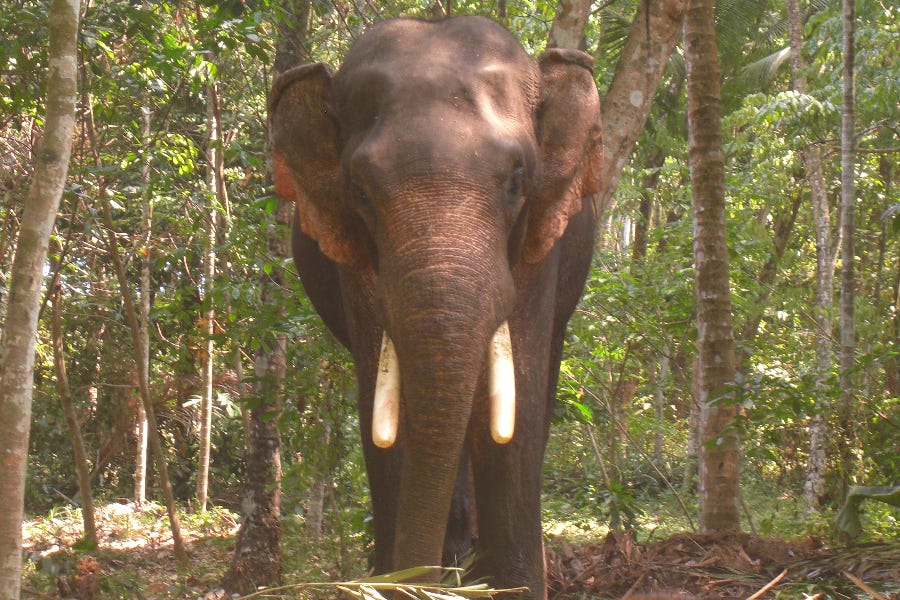Syro-Malabar bishop demands 'exemplary action’ over elephant attack
Major Archbishop Raphael Thattil criticized authorities for policies he says place the value animal life over human life
The head of the Syro-Malabar Catholic Church criticized authorities in the southern Indian state of Kerala Saturday after a man was trampled to death by an elephant.
Major Archbishop Raphael Thattil, who has led the Syro-Malabar Church since January, said in…

